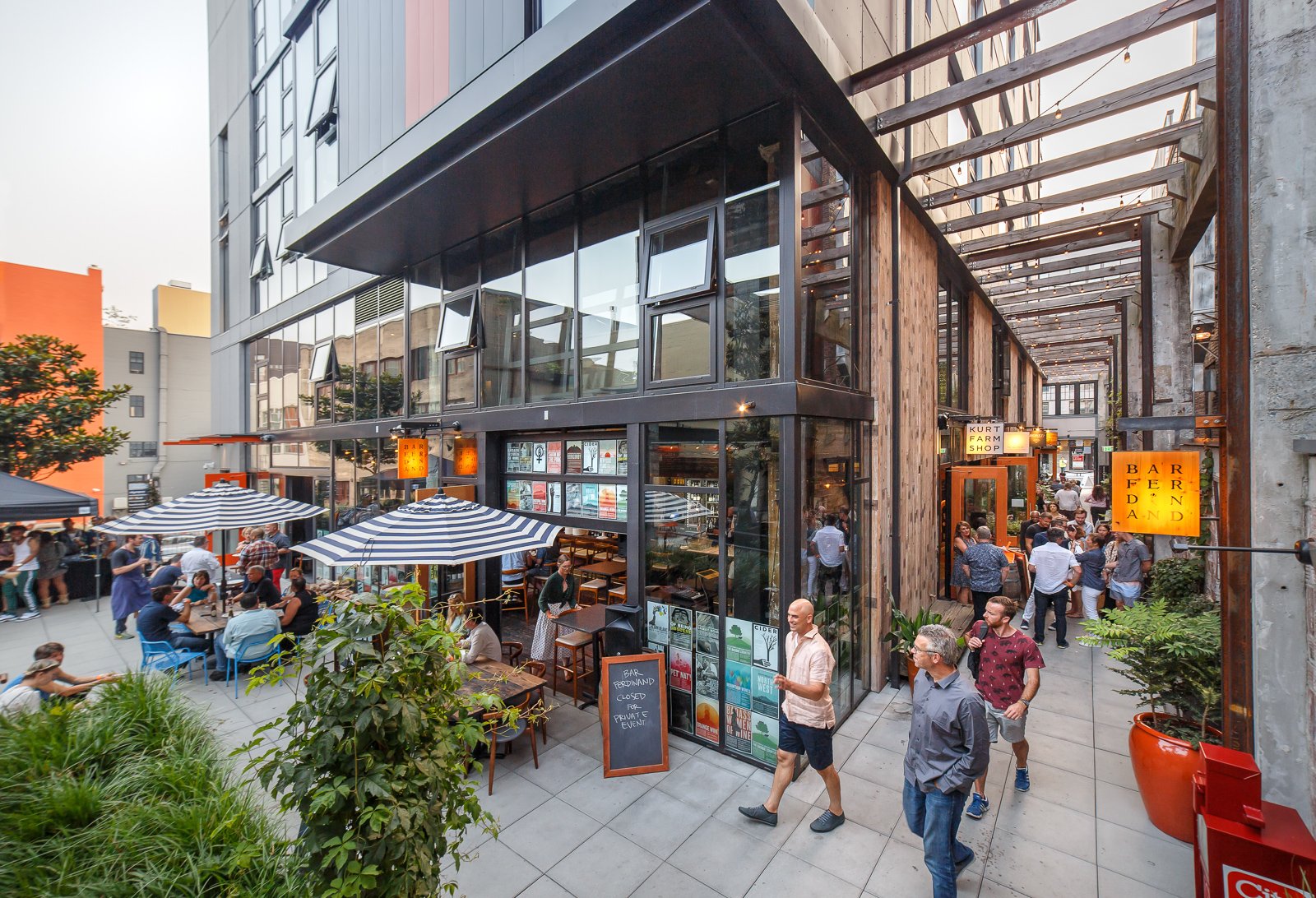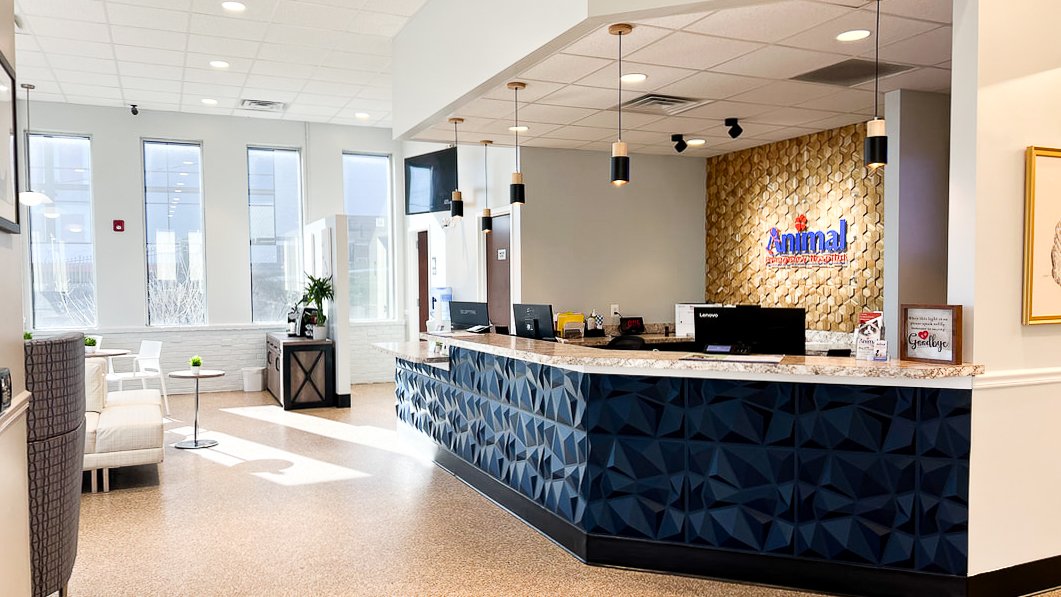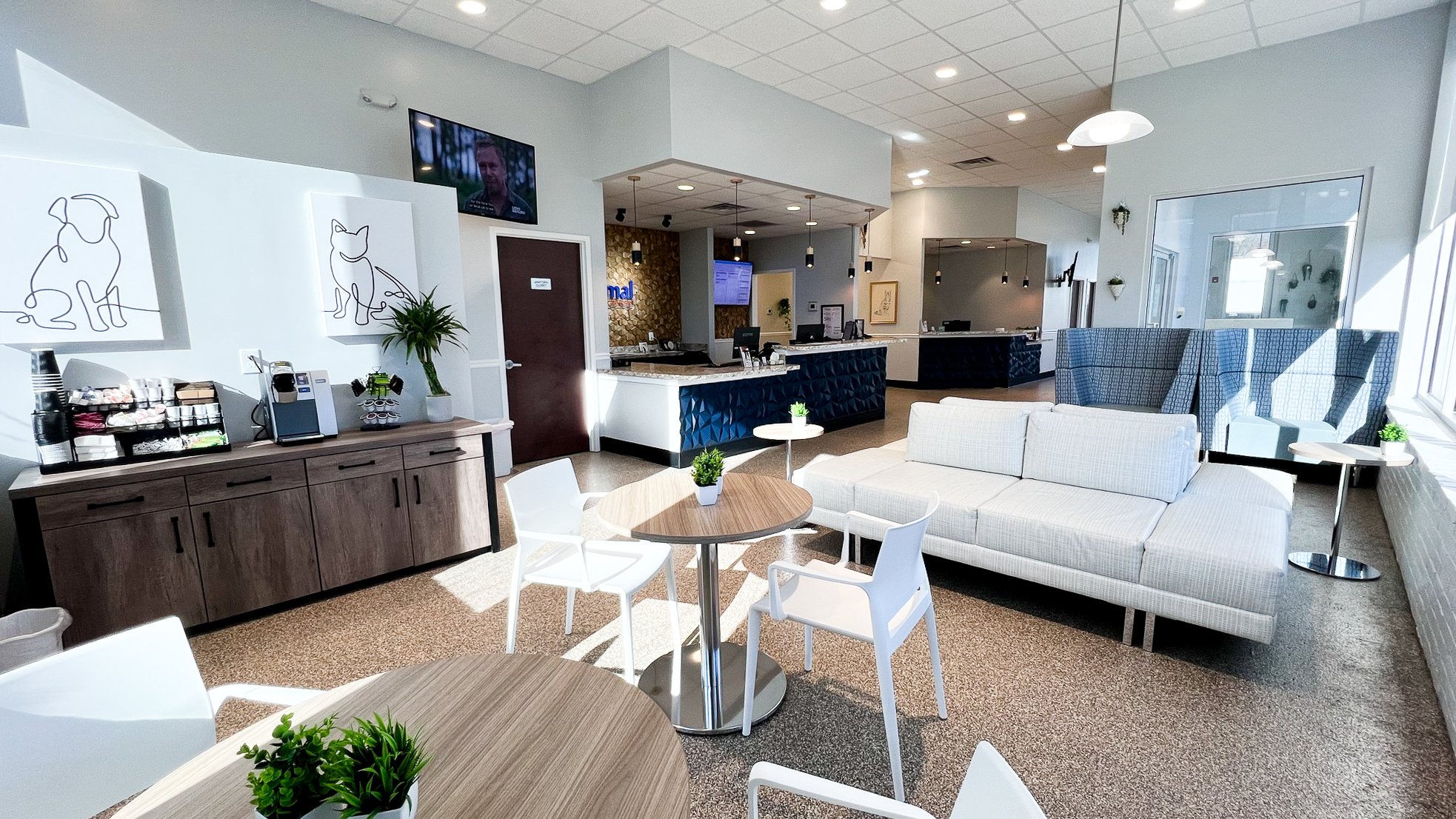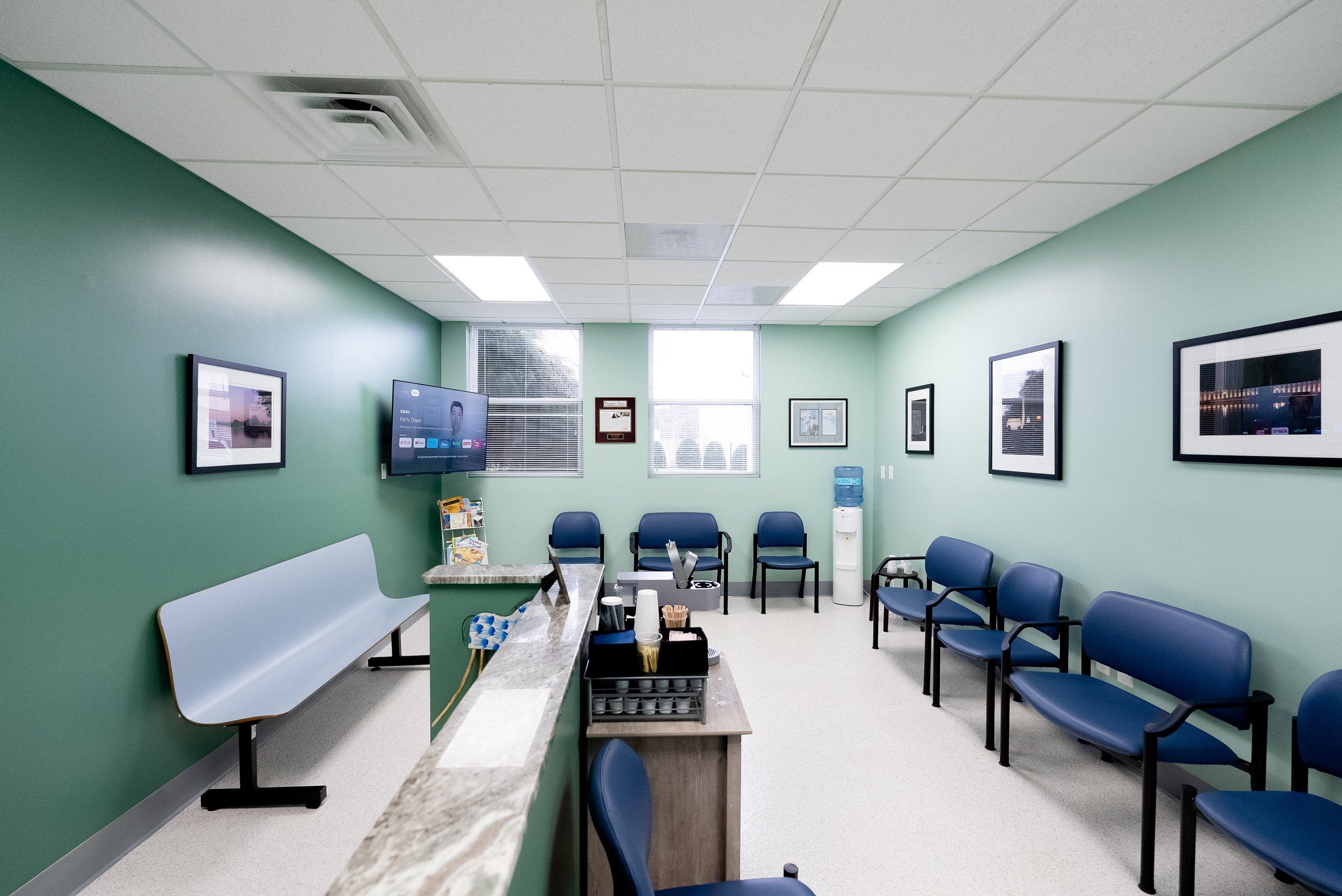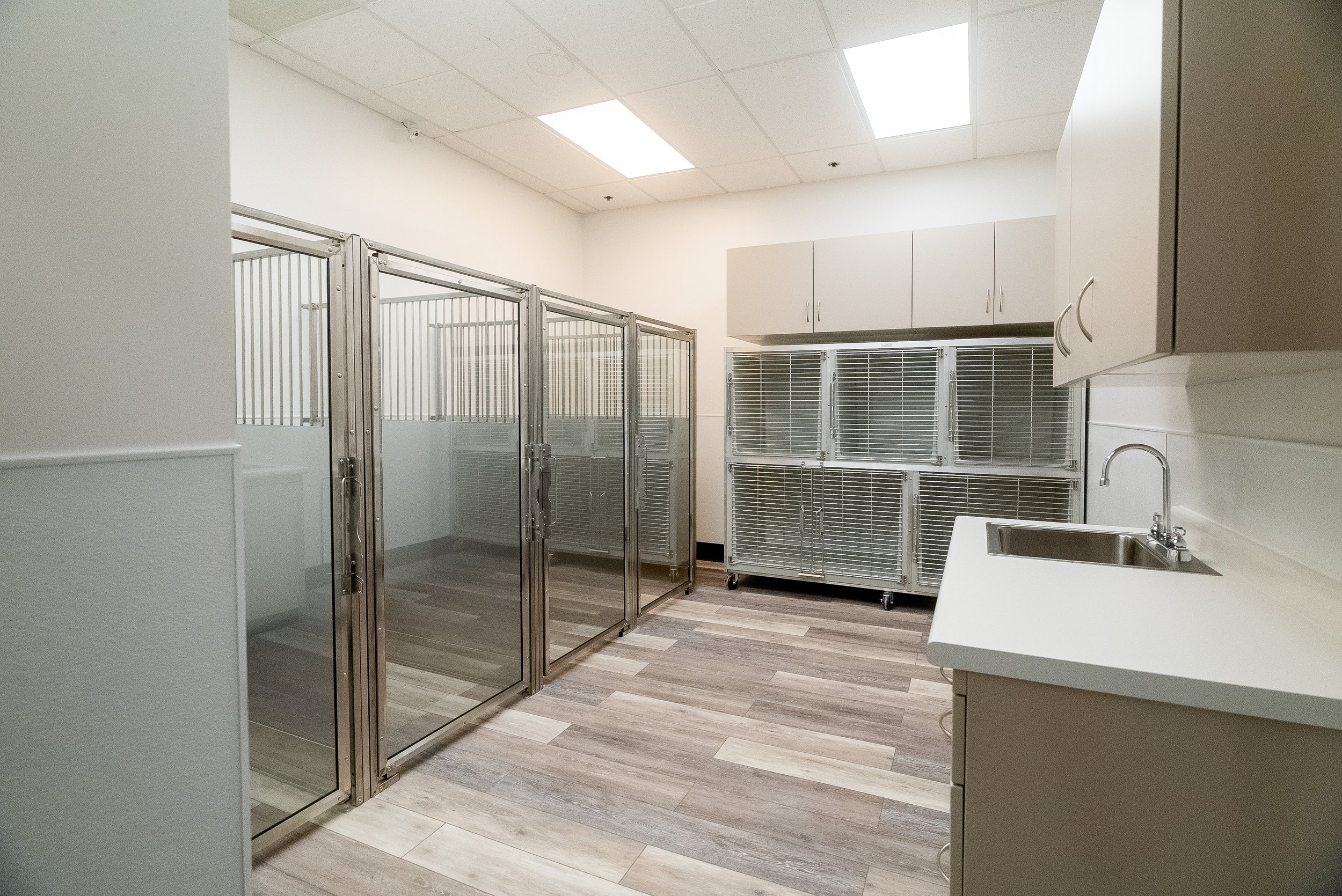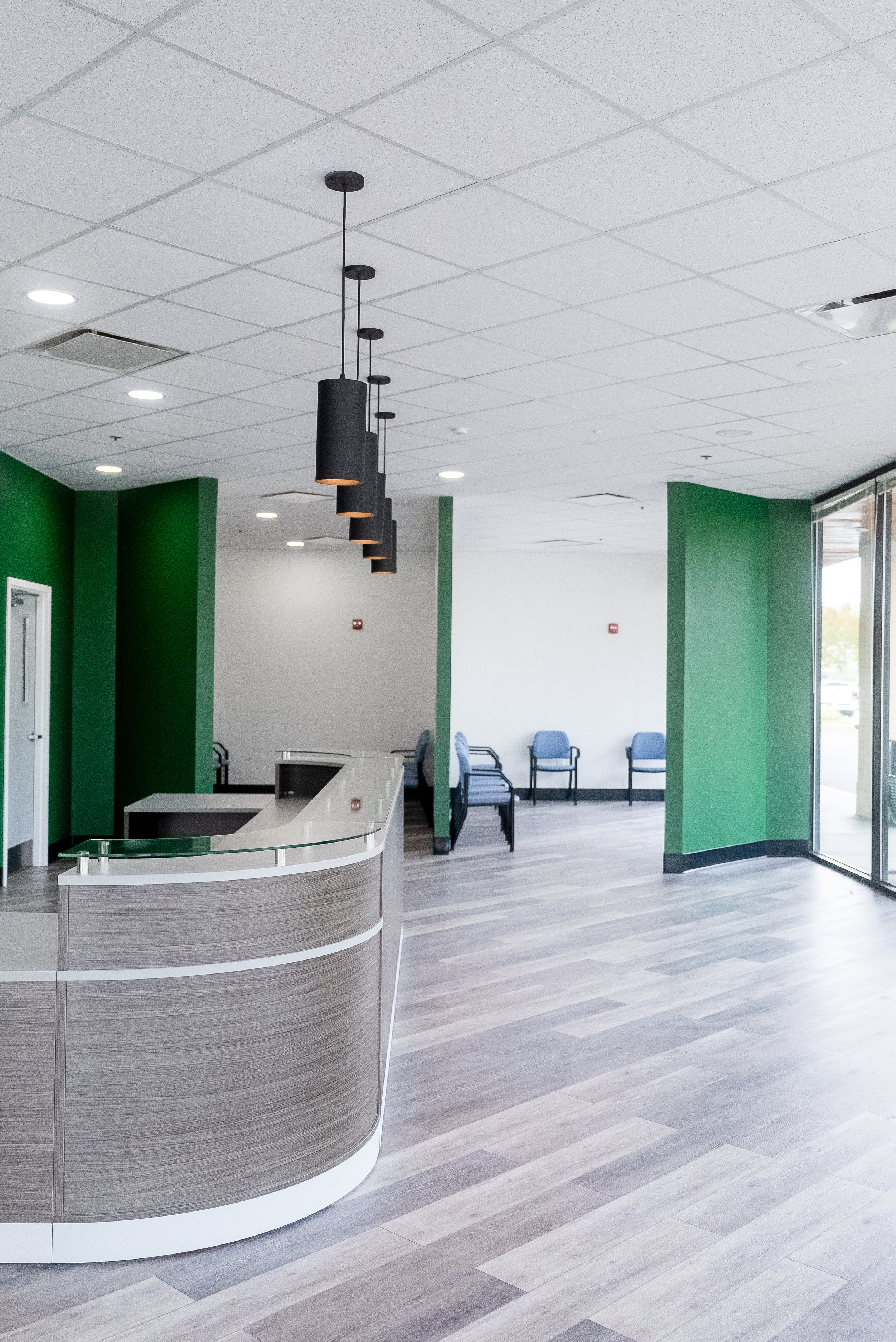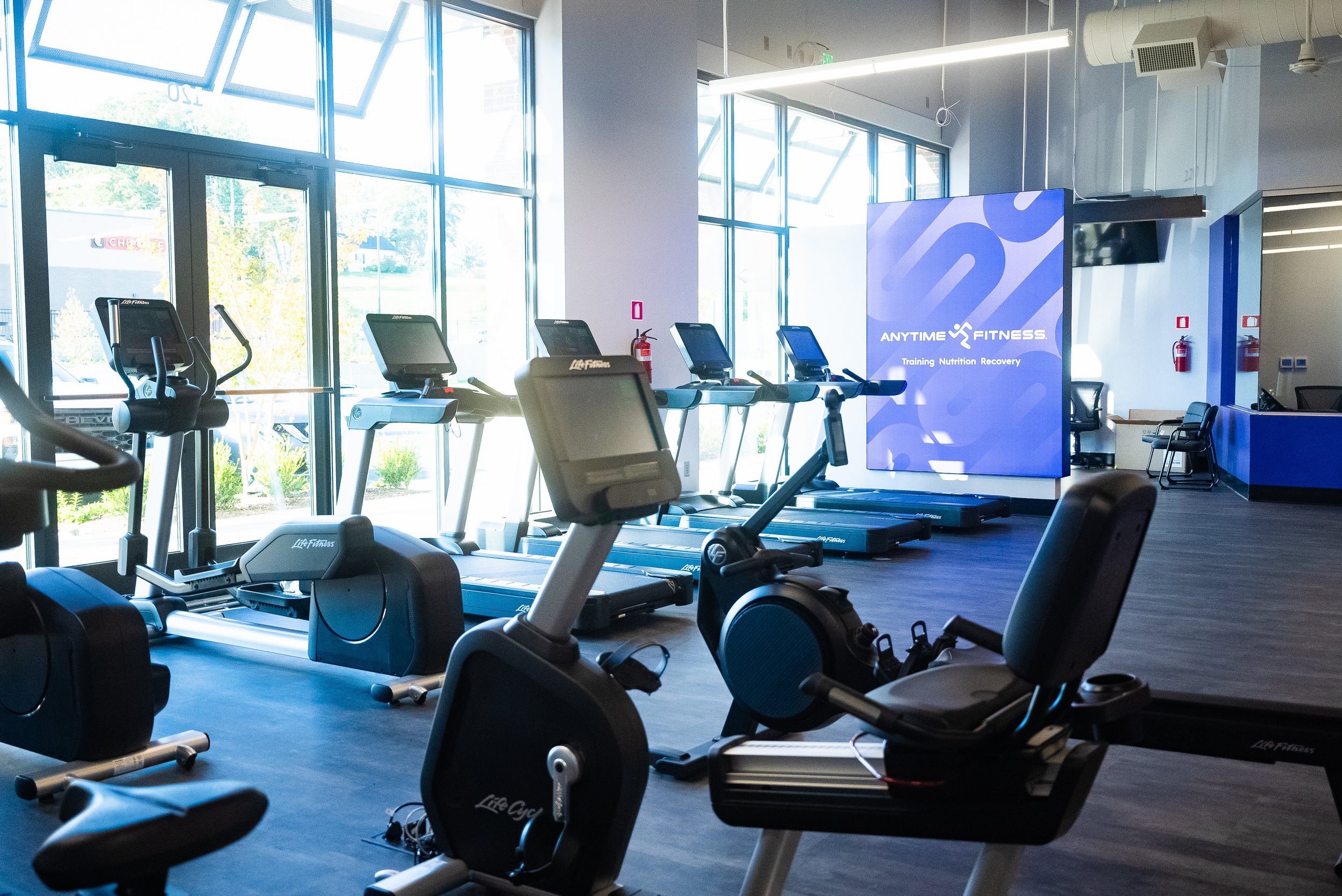Different Types of Construction Projects and Their Differences
The construction industry is a vast and multifaceted world, encompassing a wide range of projects from the homes we live into the offices we work at and the infrastructure we rely on every day. Whether you're a curious mind looking to understand more about the construction world, a business owner planning to expand your premises, or a construction professional aiming to compare knowledge, this guide is designed to demystify the different types of construction projects and their unique aspects.
1. Residential Construction: Building Homes and Communities
At its core, residential construction is about creating living spaces. This includes everything from single-family homes to larger multi-family units like apartment complexes. For the layman, understanding residential construction is about knowing the difference between a custom-built home designed to your specifications and a multi-family dwelling designed for efficiency and density. For professionals, it’s crucial to navigate zoning laws, building codes, and the latest construction technologies to deliver projects that are safe, sustainable, and meet the clients' demands.
A single-family home in a suburban neighborhood represents a classic example of residential construction. These homes are designed with individuality in mind, offering families a unique space that meets their specific living needs.
2. Commercial Construction: The Backbone of Business Infrastructure
Commercial construction covers a broad range of buildings designed for business purposes – from small retail shops to sprawling shopping centers, cozy boutique hotels to towering office buildings. These projects require a deep understanding of functionality, safety, and environmental considerations. For someone just diving into the world of commercial construction, it's fascinating to see how these spaces are engineered to support various business needs while ensuring the comfort and safety of employees and customers. For construction professionals, the challenge lies in balancing aesthetics, functionality, and regulatory compliance to create spaces that not only attract businesses but also enhance their operations.
The construction of a new shopping center, like the Short Pump Town Center in Richmond, Virginia, showcases the intricacies of commercial construction. This project not only required the development of individual retail spaces but also demanded consideration for public safety, traffic flow, and environmental impact. Another example may be a new strip mall, or, even the newest high-rise in the city.
3. Mixed-Use Developments: Blending Functions for Vibrant Communities
Mixed-use developments are innovative projects that blend residential, commercial, and sometimes even industrial spaces within a single development. These projects are designed to foster vibrant, integrated communities where people can live, work, and play. For the everyday person, mixed-use developments offer a glimpse into the future of urban living, providing convenience and community engagement. For the professional, they present an opportunity to push the boundaries of design and functionality, creating spaces that are adaptable, efficient, and meet diverse needs.
Commonly, these spaces may exist as retail or commercial on the ground floor and then residential spaces above. One Loudoun in Ashburn, Virginia, is a vibrant mixed-use development that seamlessly blends residential homes with office buildings, retail shops, and entertainment venues, fostering a dynamic and integrated community.
4. Institutional Construction: Serving the Public Good
Institutional construction projects include schools, hospitals, government buildings, and other facilities intended for public use. These projects are often funded by public money and carry a significant responsibility to serve the community's needs effectively. For laypersons, understanding institutional construction can highlight the importance of these buildings in providing essential services and supporting community welfare. For construction experts, these projects demand a focus on durability, accessibility, and the ability to accommodate future growth, all while adhering to strict regulatory standards.
The construction of a new state-of-the-art hospital, like the Inova Loudoun Hospital expansion in Leesburg, Virginia, or the new Veteran Affairs hospital in Fredericksburg, Virginia, highlights institutional construction's role in providing essential healthcare services to the community while meeting strict regulatory and safety standards.
5. Industrial Construction: Building the Foundations of Industry
Industrial construction involves building facilities for manufacturing, processing, and distribution. These projects are characterized by their scale and complexity, requiring specialized knowledge of industrial processes and safety regulations. For the layman, industrial construction projects are a testament to the ingenuity and logistical prowess that power our economy. These establishments make possible everything from steel manufacturing to automobile assembly, and even recycling.
For professionals, this industry of construction represents a challenging and rewarding field that combines engineering excellence with practical problem-solving to create facilities that are safe, efficient, and productive.
The establishment of a new data center for Amazon in Spotsylvania County, Virginia, exemplifies industrial construction. This project not only supports the production of vehicles but also contributes significantly to the local economy and job market.
6. Heavy Civil Construction: Shaping Infrastructure
Heavy civil construction encompasses large-scale infrastructure projects like highways, bridges, and water treatment facilities. This part of our industry makes the world around us possible from electricity to roadways and even internet connectivity. These projects are vital for connecting communities, facilitating commerce, and ensuring public health and safety. For non-professionals, understanding the scale and importance of heavy civil construction projects can deepen their appreciation for the infrastructure we often take for granted. For industry professionals, these projects require mastery of complex engineering principles, environmental considerations, and the ability to manage large teams and budgets effectively.
The expansion of Interstate 95 in Northern Virginia serves as a prime example of heavy civil construction. This project involves widening the highway to alleviate traffic congestion, improving safety, and enhancing the region's transportation network- all while allowing the community to still have continued ease and access to these roadways.
Understanding Regulatory and Safety Factors
Navigating regulatory and safety standards in construction is crucial for ensuring projects meet legal requirements, protect worker safety, and minimize environmental impact. Different types of construction projects, from residential buildings to industrial facilities, face distinct regulatory landscapes and safety challenges. For instance, residential projects must adhere to local building codes that dictate structural integrity and fire safety, while commercial constructions are subject to additional standards like accessibility features in compliance with the Americans with Disabilities Act (ADA).
Safety protocols, such as those mandated by the Occupational Safety and Health Administration (OSHA), are universal across project types, focusing on practices like the use of personal protective equipment (PPE) and safe handling of hazardous materials. Environmental regulations also play a significant role, especially in industrial and heavy civil projects, requiring assessments and measures to protect natural habitats and comply with laws like the Clean Water Act. Understanding and implementing these regulatory and safety factors are essential for the success and legality of construction projects, underscoring the need for experienced professionals who can navigate these complexities effectively.
Expertise in Navigating Construction Challenges
As industry experts, we understand the nuances and complexities of various construction projects. Our knowledge extends across the spectrum of construction types, enabling us to offer valuable insights and solutions tailored to each project's unique challenges.
Landis Enterprises: Your Partner in Virginia's Commercial Construction Landscape
If you're a Virginia business exploring opportunities in commercial construction, consider partnering with Landis Enterprises. With a deep understanding of the industry's complexities and a commitment to excellence, we are poised to meet your construction needs with precision and expertise. Whether it's a new commercial venture or a mixed-use development, our team is ready to bring your vision to life. Contact Landis Enterprises today to discover how we can support your next project.




